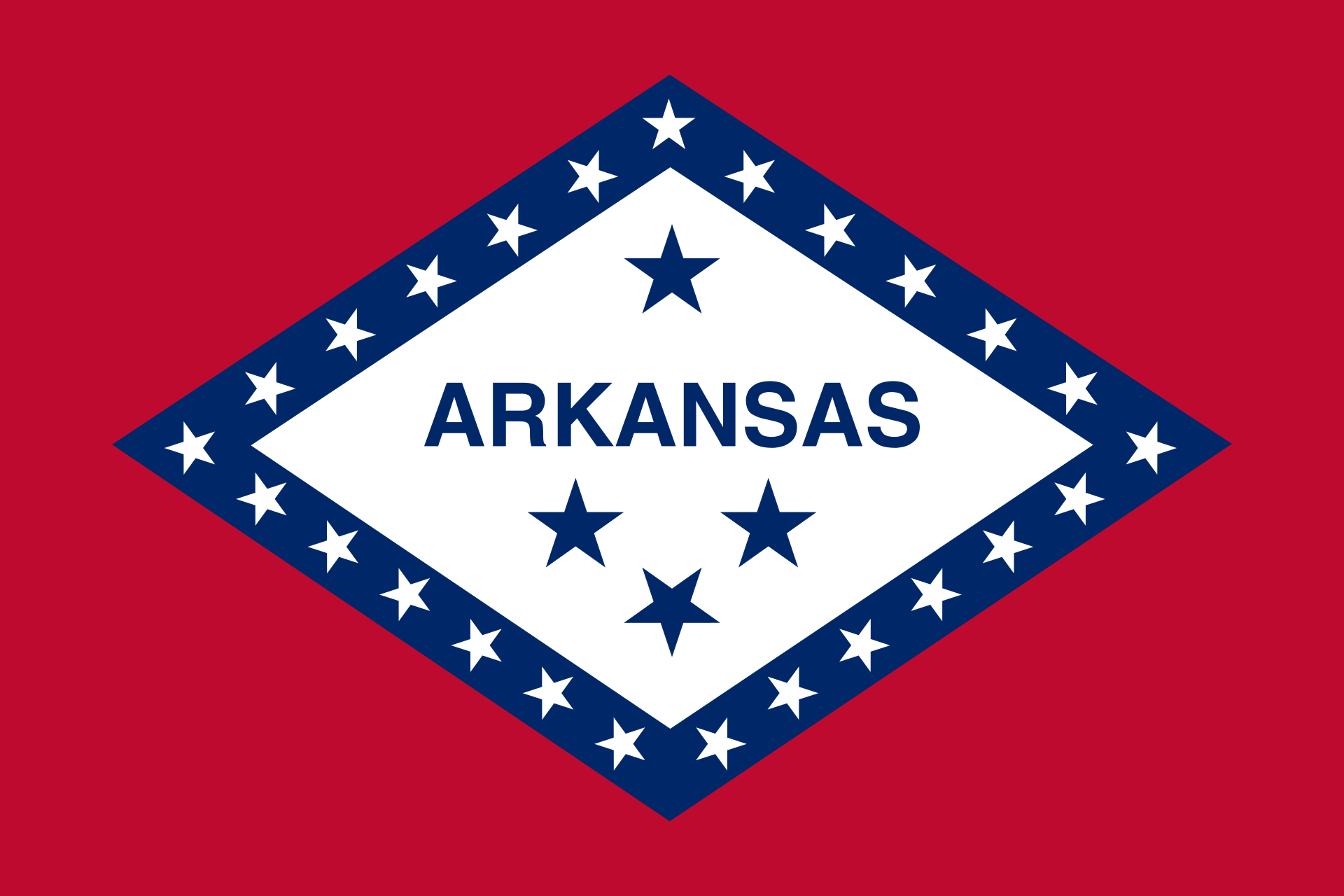On September 17, the Arkansas Supreme Court removed Issue 6 from the November ballot. The referendum would have allowed voters to either repeal or uphold Act 579, which was designed to amend the definition of practice of optometry to allow optometrists to perform certain surgical procedures that were previously only performed by ophthalmologists. A yes vote on the referendum would have been a vote to uphold Act 579 while a no vote would have been a vote to repeal it.
During this cycle, the Arkansas Supreme Court removed all three citizen-initiated measures from the ballot—Issue 4, Issue 5, and Issue 6—that had been certified for the ballot. The rulings were all based on certifications filed by measure sponsors that said background checks were acquired for all signature gatherers. State law requires the certifications to state that background checks were passed by all signature gatherers.
Arkansans for Healthy Eyes led the campaign in support of a yes vote. Arkansans for Healthy Eyes supported Act 579 to allow optometrists to perform some eye surgeries. Safe Surgery Arkansas (SSA) led the campaign in support of a no vote. SSA sponsored the referendum signature petition. The group opposed allowing optometrists to perform some eye surgeries and sought to repeal Act 579. Safe Surgery Arkansas paid $661,000 to National Ballot Access, a petition circulating company, to collect signatures for the measure.
Issue 6 was removed from the ballot for the same reason that Issues 4 and 5 were removed in late August. Issue 4, sponsored by Arkansas Voters First, would have created the Citizens’ Redistricting Commission for state legislative and congressional redistricting. Arkansas Voters First paid $1.1 million to National Ballot Access, Advanced Micro Targeting, and Fieldworks LLC to collect signatures for the measure.
Issue 5, sponsored by Open Primaries Arkansas, would have (a) changed primary elections so that all candidates for an office are listed on a single primary ballot, rather than on separate partisan ballots, and (b) created a top-four ranked-choice voting system for general elections for federal congressional office, state general assembly, and statewide elected offices. Open Primaries Arkansas did not report signature gathering costs.
Under Arkansas Code § 7-9-601(b)(3), sponsors are required to certify to the secretary of state that each paid canvasser passed a state and federal criminal background check. The Arkansas Supreme Court found that proponents of the three measures failed to certify that paid signature gatherers passed background checks. The certifications submitted by petitioners stated that background checks were acquired, but did not say they were passed.
Sponsors of the referendum, Safe Surgery Arkansas, said they would pursue a new ballot measure in 2022.
Three measures remain on the November ballot in Arkansas. All three measures are constitutional amendments that were referred to the ballot by the state legislature. Issue 1 would continue a 0.5% sales tax for transportation projects; Issue 2 would change state legislative term limits; and Issue 3 would change initiative process and legislative referral requirements.
Two measures on the 2018 ballot in Arkansas were declared invalid by the state Supreme Court and votes for the measures were not counted. Similarly, in 2016, the supreme court declared two measures on the ballot to be invalid and votes were not counted.
Additional reading:


